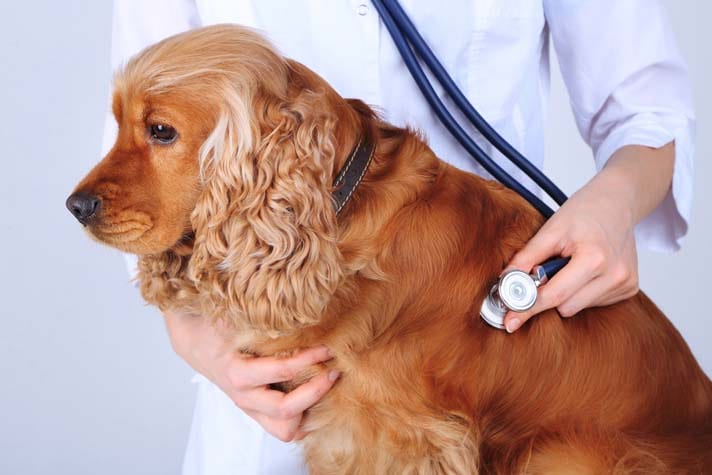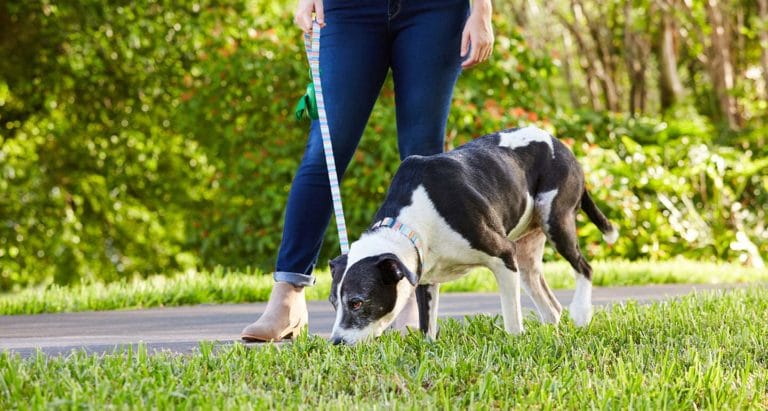Q.
I have a beautiful 15-year-old Cocker Spaniel whom I love dearly. In December 2006, she was diagnosed with a collapsed trachea. She had very few symptoms at the time – just periodic coughing or gagging. In the last month, her coughing has become extremely bad. My vet says there is “nothing” that can be done for a collapsed trachea. I told him that I read online that some vets prescribe medication for inflammation and suppressants to help with the coughing. He said this would not help her.
A.
Collapsing trachea is a disease that is more common in older small- to medium-breed dogs. Often the affected dogs are overweight. The diagnosis is made with X-rays that actually show the trachea, or airway, is collapsed while the dog is inhaling. Often, you can hear a click as the dog breathes in.
The signs of collapsing trachea are coughing that may get worse over time. It is important to make sure that the diagnosis is correct, because other diseases like heart failure and pneumonia can show similar signs.
Fortunately there is a treatment for collapsing trachea, but it does involve surgery. A stent, or tube-like structure that acts as a framework to hold open the trachea, is passed into the trachea through the mouth and expanded in place. The device has a mesh-like structure that is both strong and non-irritating. These stents prevent the trachea from collapsing when the dog breathes in.
Placing tracheal stents in dogs with collapsing tracheas is relatively expensive, but the outcome is often good. There are occasionally complications, in which the stent has to be replaced.
If you cannot afford the surgery at this time, make sure your dog is not overweight. This is the most inexpensive, yet important, step in improving dogs affected by collapsing trachea.
There are some veterinary centers around the country that can provide surgical services for deserving clients who cannot afford to pay. Ask your regular veterinarian for a referral.
Posted by: Chewy Editorial
Featured Image: Africa Studio/Shutterstock
Share:









